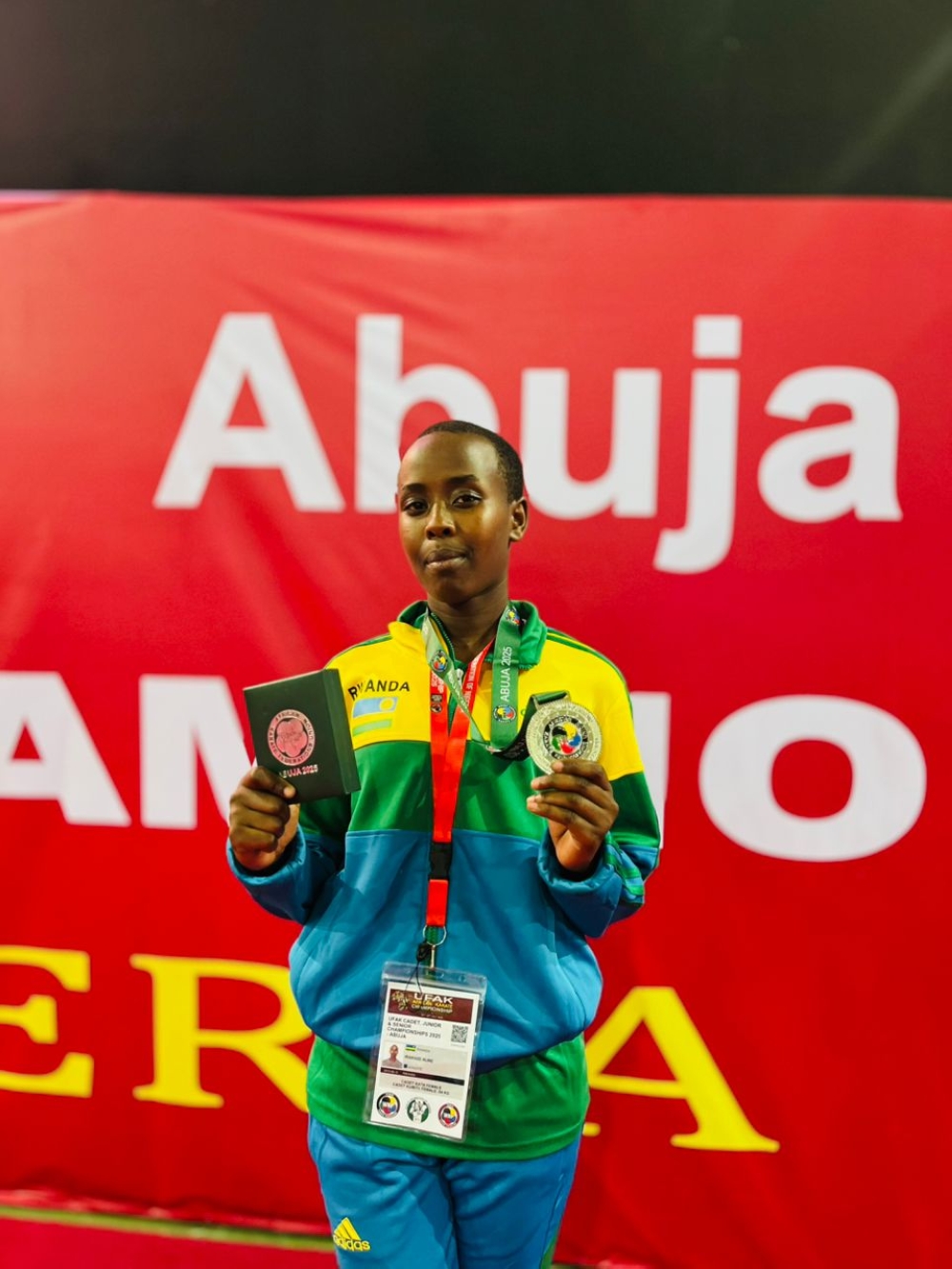pelagie Mbabazi caught up with Carole Karemera Umuringa, co-founder Ishyo Art Center.Below are the excerpts.


pelagie Mbabazi caught up with Carole Karemera Umuringa, co-founder Ishyo Art Center.Below are the excerpts.Briefly talk about yourselfI am 37 years old. I have a background in art and culture. I am the first born of Gaspard Karemera, a journalist and Epiphanie Gashugi, a translator and an interpreter.I completed my high school in Brussels and did drama and contemporary dance at the University of Arts. I joined the movie industry in 2002.I co-founded Ishyo Art Center with other seven talented women and I also work with a continental organisation called Arterial Network, which aims to support African arts. I am a board member of National Institute of Museum in Rwanda, a member of Academy for Language and Culture and a board member of Imbuto Foundation.What was your childhood dream? Are you living it?When I was young I wanted to work in a bakery because I love eating. It was difficult for me to choose between mathematics and art because both of them were magical to me. But I ended up becoming an artist.I am truly happy about what I have done so far. I have been lucky enough to be able to make a living because it’s not easy. It’s now more than 17 years that I’ve been working full-time.I used to like traveling when I was young and today I have travelled to the US, South America, Asia, Europe and around Africa where I have been able to meet many artists. I am living a kind of dream but to be real, not everything is easy. What are the challenges you face as a chairperson of the Ishyo Art Center?There is need for more art advocacy because it’s not well perceived. It’s not only about entertainment but it’s also about the values and the social well being of the Rwandan people.The most challenging thing is that the place we called home will be sold in few months and we (artists) are wondering where we will be next year.There are no art facilities in Rwanda and we are the only country with no national theatre in Africa. There are no arts schools in Rwanda and there is no national budget for art like there is for agriculture and other sectors. What do you think are the greatest challenges that Rwanda women face?We are getting there. Education is no longer a challenge like it used to be in the past years. Rwanda women are doing wonders because the government is supporting us.Everything, in terms opportunities, is on the silver platter; it’s up to women to decide if they will take it or turn it down. How do you spend your leisure time?Leisure time is my work. You don’t know how happy I become when I see hundreds of people in a theatre hall or a concert wall watching what I have prepared.In the morning I play with my daughter, sing her songs, skip rope so that I can be physically fit, watch movies, have drinks with my friends, visit my grandmother and go dancing.What is your current relationship status?I am married to a husband who is always there for me in whatever I am doing. If that wasn’t the case I think it wouldn’t have been easy for me to do and achieve whatever I have achieved. I have one lovely daughter whom I treasure a lot.What are your future plans?My future plan is to build up a strong partnership with friends and we establish a big, fabulous, dynamic and creative art hub like those found in Shanghai, London and Johannesburg. Secondly, I have two short movies that I wrote down and I am planning to direct them.What is your message to Rwandan women?No one is without even a single talent. Take the time to identify your individual talent and then build on it.




